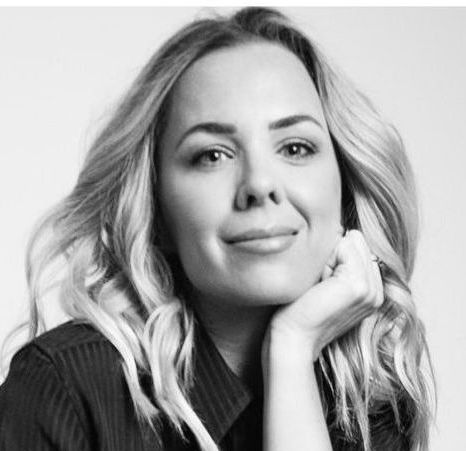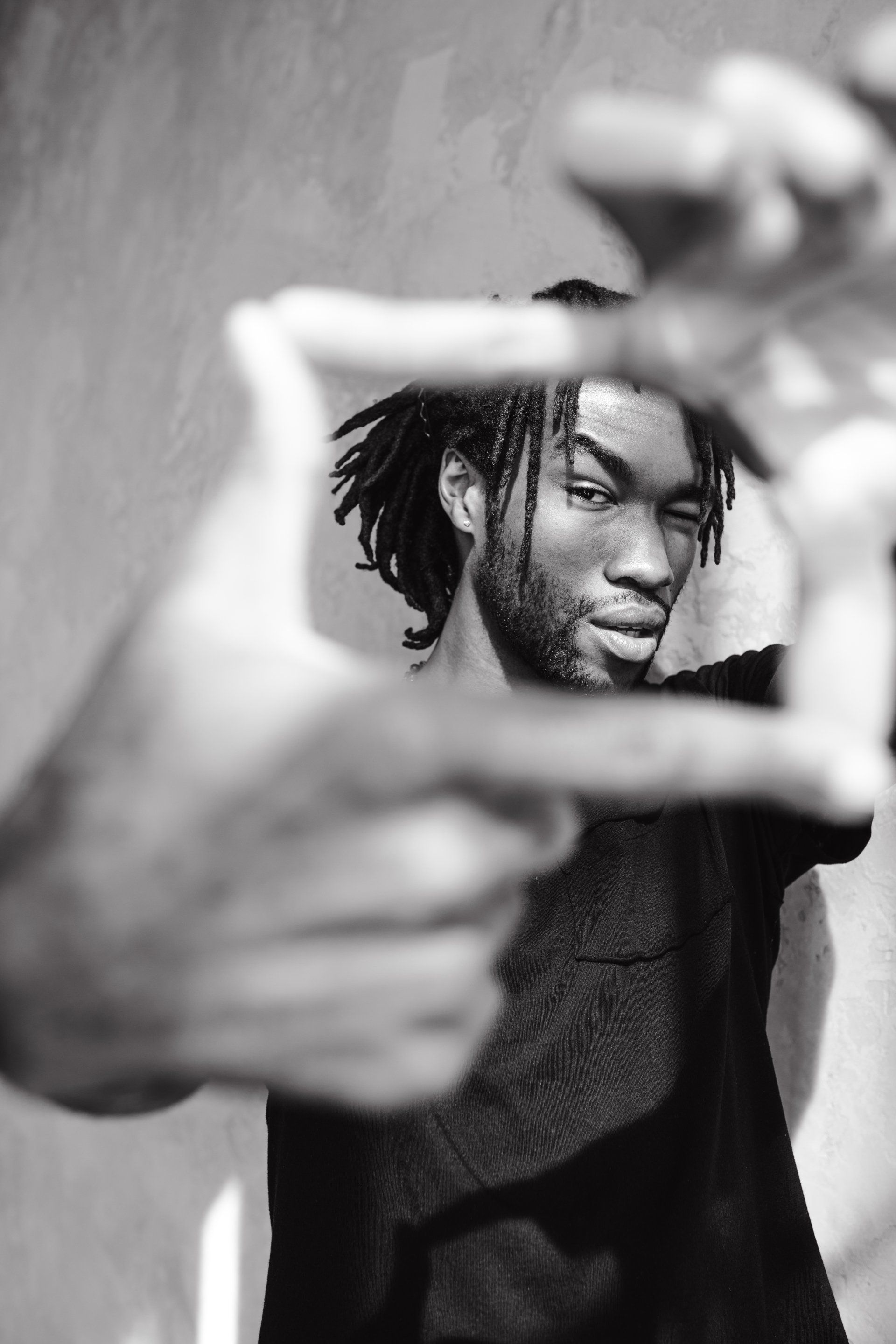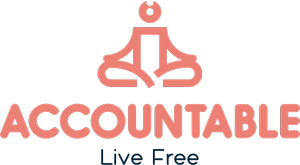Katie's Story
Katie's Story
I was a shy, quiet kid. Behind that shyness was intense anxiety. Afraid to be seen, afraid to be the center of attention, afraid to speak up, afraid to be heard- that was me. This anxiety caused me to have extremely painful stomach aches every day at school. My parents took me to the doctors where I was poked and prodded and finally told that nothing was physically wrong with me but, I had “anxiety”. They gave me a prescription for some green liquid medicine that helped soothe my stomach pain but did absolutely nothing to ease my fears. So, I was left to just handle my anxiety on my own. I felt confused and embarrassed for being such a scared kid. I just wanted to feel normal.
Enter alcohol. I think I was 12 the first time I drank alcohol. What I remember very well is that I immediately LOVED it, because it took all my anxiety away. I wasn’t shy anymore! It made me love being the center of attention! I could talk nonstop, to anyone, and it was fun! I drank whenever I had the opportunity all through my teens. In addition, drinking made me very open and willing to experiment with other drugs. Alcohol, though, became the one I loved the most.
My addiction to alcohol then developed at warp speed. By the time I was 21 I knew I had a serious problem. I dropped out of college at age 22 to go to rehab. When that didn’t work, I struggled for 3 more years trying to stop on my own. I cannot describe what the mental anguish is like knowing you’re trapped in an addiction and not knowing how to free yourself. After crashing my car driving drunk one night, I finally agreed to go to another treatment program. I knew deep down, my time had come.
I was extremely fortunate to enter the program “Teen Challenge” on November 20th, 1999. We were not allowed to smoke there, so I had to throw my cigarettes away before I walked through the doors. It’s crazy to look back on because that day I stopped drinking, doing drugs AND smoking all on the same day and I have never gone back! It’s been 21 years. Almost 22!
Reflecting on everything, I think the reason I was finally able to get sober is that I just surrendered.
I knew if I went back, it would only lead to more mental anguish, pain, and misery. It was terrifying and felt like jumping off a cliff. However, I was willing to take that plunge into the unknown by just clinging to a glimmer of hope that my life would get better.
My life did get better, so much better, and it gets better all the time. Over the years I have found so much support and encouragement in the form of
support groups, counselors, healers,
coaches, mentors. To this day, I still cry tears of sheer gratitude when I remember how far I’ve come and all the truly special people who’ve helped me along the way. It’s only natural for me to want to help others who’ve been in that dark place I was once in, because I know they can come out of it too. I’m not saying it’s easy, but it’s 100% possible. You’re not too old, and it’s not too late. We do recover.




hello@youareaccountable.com
(646) 450-7641